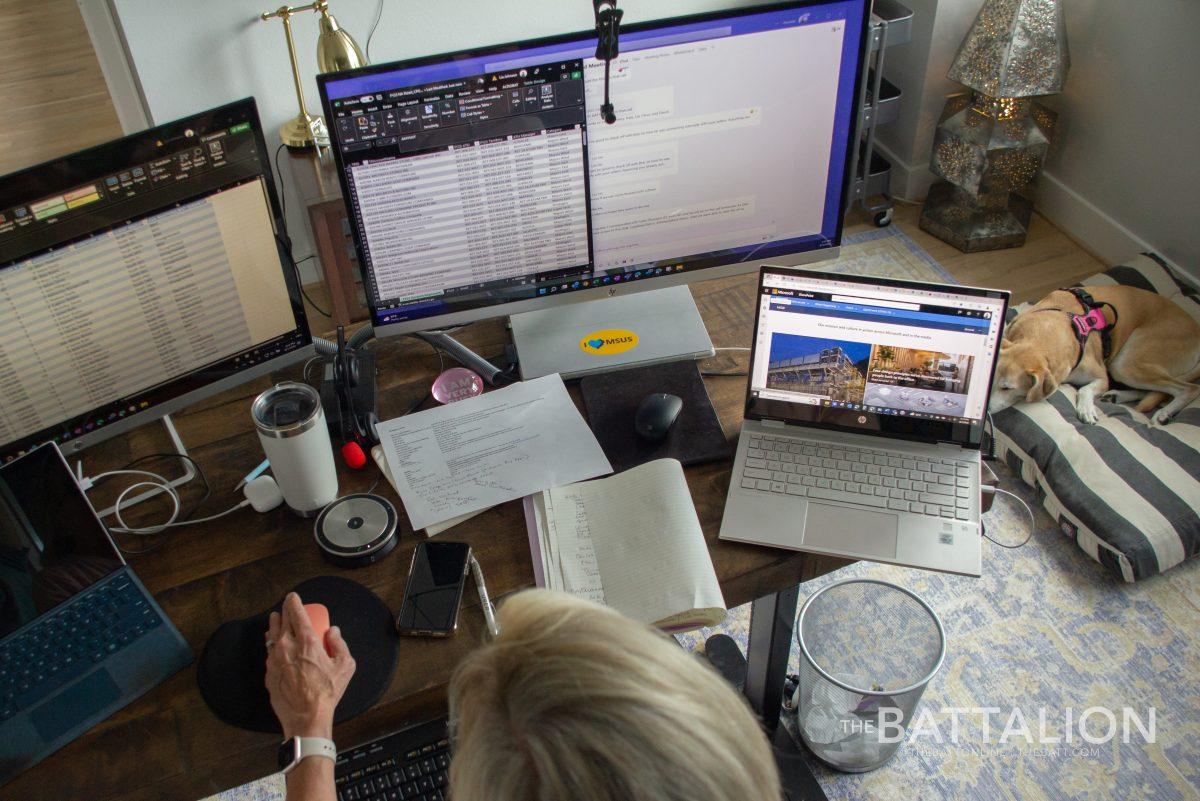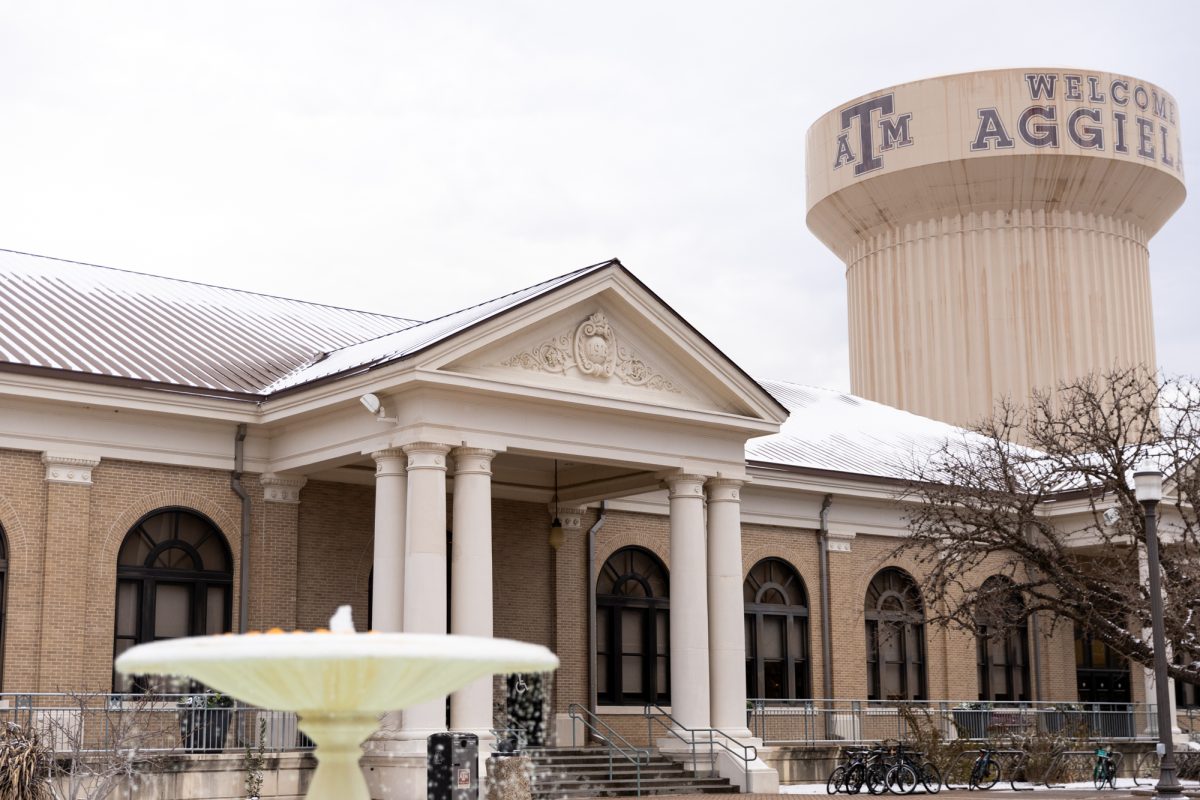If there’s one thing the ‘rona taught us, it’s adaptability. Masks, social distancing and a sudden dependence on Discord’s ugly younger brother Zoom made the spring of the 2019-2020 school year … difficult, to say the least.
But schools weren’t the only ones forced to adapt. Workplaces were faced with the same obstacles. They answered by working from home.
Working from home — often referred to by its handy acronym WFH — has become the norm in the age of COVID-19. Though some businesses are pushing for employees to return to the office, most workers prefer the flexibility and comfort of working remotely, and working from home may be here to stay.
For employees, this is largely a plus. Remote work has proven to be as kind to their wallets as it is to their sleep schedules. Studies have shown the average WFH employee saves about $280 per month between transportation, meals and clothing costs — having meetings from the shoulders up means you only need to invest in half of that Calvin Klein suit.
There are also numerous health benefits that come with working from home. From the lack of road rage to the opportunity of napping, remote work presents both comfort and well-being to workers.
With all these benefits, it’s understandable employees are resisting a return to the workplace.
However, many businesses are pushing for RTO, or Return To Office, the Plankton to WFH’s Krabby Patty Formula. With COVID-19 seemingly here to stay, employers are beginning the battle to get everyone to return to normal, or at least, what was normal.
Employees aren’t too keen on this idea. Roughly 60% of workers want to keep working from home after the pandemic ends, and surprisingly, many businesses are listening.
An increasing number of workplaces are transitioning to a hybrid format. The most enterprising of these are giving the worker a choice: WFH or RTO. Many are allowing the gates to stay open; some days the employees stay home, and some days they come into the office.
Because of these adaptations, many businesses are completely rethinking their floor space. One of the most prominent changes is the abolition of assigned desks. Instead, businesses have begun using a technique called “hot desking” where work stations are available on reservation. Think Evans Library study rooms, but with cubicles.
This presents the best of both worlds — employees who wish to work remotely have that ability, and those who want to return to the office have access to a more collaborative and flexible office.
This transition to a hybrid format is causing many businesses to reassess their real estate. Without the full extent of their work force coming into the office, businesses are able to downsize. The insurance company Nationwide is ahead of the curve on this front — they’ve already scaled down their 20 offices into four corporate campuses, emphasizing remote work to their employees in the process.
Is this the future workplace we can look forward to? No one knows for sure, especially with COVID-related growing pains still affecting the labor industry.
That being said, businesses have already begun to market themselves as either office-centered, remote or hybrid. This will likely become a big part of employment decisions for workers based on what kind of format they prefer.
Even for in-office businesses, Zoom isn’t likely to slink back to its poorly-managed cave anytime soon. Virtual meetings have proven to be extremely efficient and beneficial to employees and employers alike.
Though much about the labor industry is changing, one thing’s for certain: we’ve survived this long. No matter where we end up working, whether it’s at home, in an office or a motley of the two, I know we’ll buckle down and start takin’ care of business like Bachman-Turner Overdrive.
Charis Adkins is an English sophomore and opinion writer for The Battalion.
Analysis: Business like un-usual
August 1, 2022
Photo by Photo by Cameron Johnson
A woman works at home while her dog sleeps beside her desk in Montgomery, Texas on Monday, Aug. 1, 2022. Opinion writer Charis Adkins wonders if working from home will become more than a pandemic-age necessity.
0
Donate to The Battalion
$2790
$5000
Contributed
Our Goal
Your donation will support the student journalists of Texas A&M University - College Station. Your contribution will allow us to purchase equipment and cover our annual website hosting costs, in addition to paying freelance staffers for their work, travel costs for coverage and more!
More to Discover
















